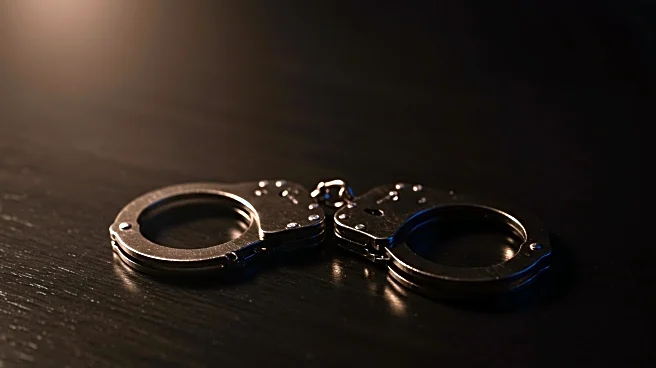What's Happening?
El Salvador's Legislative Assembly, dominated by President Nayib Bukele's party, approved a reform extending the detention of suspected gang members without trial until at least 2027. This decision affects over 80,000 individuals arrested under a state of emergency declared in 2022. The reform allows the Attorney General's office to file charges within 24 months, with a possible 12-month extension, and groups defendants into mass trials.
Why It's Important?
The extension reflects El Salvador's ongoing struggle with gang violence and the government's hardline approach. While popular domestically, Bukele's policies have drawn international criticism for potential human rights violations and lack of due process. The reform may exacerbate tensions between the government and opposition, impacting El Salvador's political landscape and its relations with human rights organizations.
What's Next?
Mass trials are expected to proceed, with around 300 prosecutors presenting evidence in approximately 600 cases. The government may face increased scrutiny from international bodies and human rights groups. Opposition lawmakers and civil society may continue to challenge the reforms, advocating for judicial transparency and protection of innocent detainees.
Beyond the Headlines
The extension raises ethical concerns about the balance between security and human rights. It highlights the challenges of addressing organized crime while ensuring justice and due process. The situation may influence regional policies on crime and governance, as neighboring countries observe El Salvador's approach.









